detail profile evgeny tsymbal
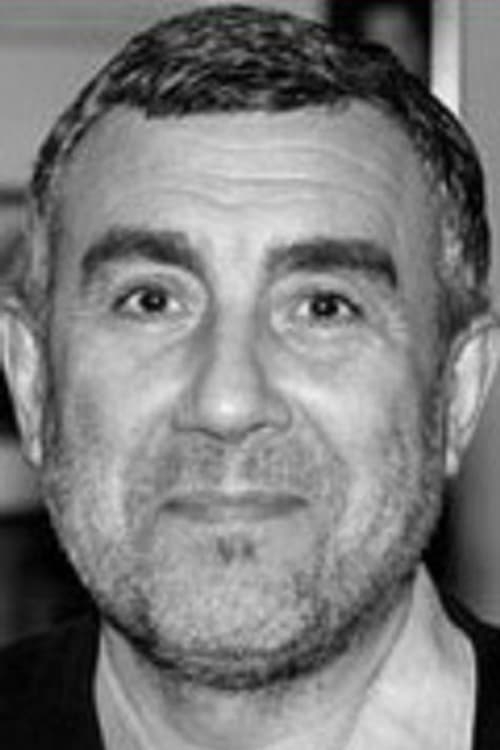
Evgeny Tsymbal
Евгений Цымбал
atau dikenal sebagai
Riwayat Hidup
Evgeny Vasilyevich Tsymbal (Russian: Евгений Васильевич Цымбал; born September 5, 1949; Yeysk) is a Soviet and Russian director of feature and documentary films, historian, screenwriter, and editor.
Winner of the National Cinematography Award "Nika" (2002, 2006 and 2015), the British Academy of Film and Television (BAFTA) award.
In total, Evgeny Tsymbal's films have received about 50 prizes at domestic and international film festivals.
Info Pribadi
Peran Yang Di Mainkan Evgeny Tsymbal
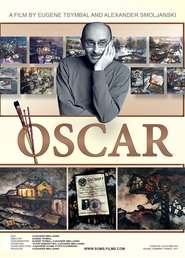 Oscar is the story of the...
Oscar is the story of the...Oscar 2018
Oscar is the story of the life of the famous artist Oscar Rabin against the background of three decades of Soviet history; it is a story about a successful experience of standing up against a regime with the help of paint and brushes. It is the story of non-violent resistance against evil, of the boundaries of compromise, about how people try to maintain their inner freedom when they are living in a country that is not very free. The film uses many unique newsreels and other archival materials being shown for the first time. Along with Oscar Rabin, featured in the fim are Lyudmila Ulitskaya, Vladimir Sorokin, Evgeny Kisin, Boris Akunin, Maya Turovskaya, Vladimir Paperny, Erik Bulatov, Oleg Tselkov, Vitaly Komar, Vyacheslav Ivanov, Mihail Chemiakin, Igor Guberman, Donald Rayfield, and Adam Michnik.
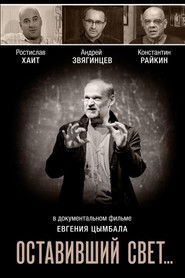 The film Who left the Light...
The film Who left the Light...Who Left the Light… 2018
The film "Who left the Light ..." is dedicated to the memory of theater director, theater and film actor Vladimir Ageev. He has been called "the main alchemist of modern filmmaking." A student of Anatoly Vasiliev, Vladimir Ageev paved his own path in art. His search and research led him to create his own creative style, to the "Theater of Mystery and Joy". The film uses archival recordings of the director's rehearsals, fragments from performances.
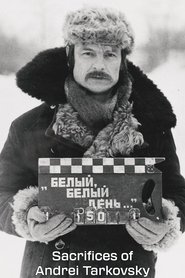 Dedicated to the 80th anniversary of...
Dedicated to the 80th anniversary of...Sacrifices of Andrei Tarkovsky 2012
Dedicated to the 80th anniversary of Andrei Tarkovsky. The film uses unique materials related to the years Tarkovsky spent in Italy, personal accounts of friends and professionals, the shooting locations of his films, to what degree his works reflects his personal life. The film brings us closer to the man to whom contemporary filmmaking owes so much.
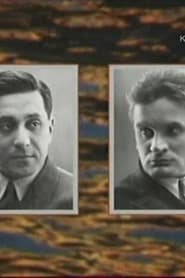 About two of the most popular...
About two of the most popular...Zoshchenko and Olesha: A Double Portrait in the Interior of the Epoch 2006
About two of the most popular writers of Soviet Russia in the 20s, who largely determined the image of Russian literature of the twentieth century. About their lives, joys, dramas and genuine tragedies.
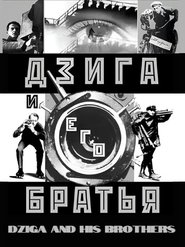 The fascinating and tumultuous lives of...
The fascinating and tumultuous lives of...Dziga and His Brothers 2002
The fascinating and tumultuous lives of Mikhail, Boris and Denis Kaufman (better known as Dziga Vertov) are the focus of this powerful documentary. Using rare archival footage from Russian state film archives and private collections, the brothers' lives and art are traced from Bialystok to Moscow, Paris, and Hollywood.
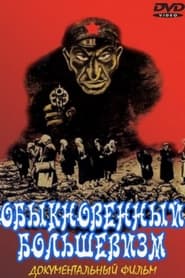 The authors understanding of the causal...
The authors understanding of the causal...Ordinary Bolshevism 1999
The author's understanding of the causal mechanism of self-destruction of ideological Bolshevism and the country as a whole.
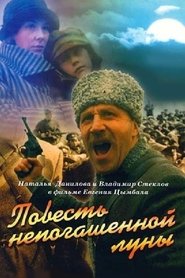 The legendary commander of the Civil...
The legendary commander of the Civil...Tale of the Moon Outstanding 1990
The legendary commander of the Civil War, the winner of Wrangel arrives in the capital at the call of Stalin. In the capital, he is perplexed to learn that the Politburo at a special meeting decided to force him to operate on a long-standing ulcer. The attending physician is convinced that the operation is not needed, but, obeying party discipline, the old Bolshevik lies on the operating table.
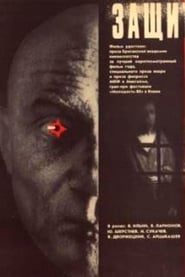 Late one evening in Moscow in 1937...
Late one evening in Moscow in 1937...Defence Counsel Sedov 1988
Late one evening in Moscow in 1937, Defence Counsel Sedov hears a knock at the door. Three women whose agronomist husbands have been sentenced to death for alleged sabotage beg him to take on the seemingly hopeless task of saving them. Sedov embarks upon a succession of encounters with increasingly powerful officials, gradually persuading them to look at the case anew. But the highest authorities are not so easily outmanoeuvered, and Sedov becomes canonised as a Stalinist zealot, with the film building inexorably to its chilling triple climax.
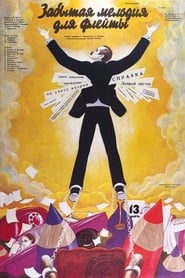 A flutist in the forgotten past...
A flutist in the forgotten past...Forgotten Tune for the Flute 1987
A flutist in the forgotten past, at present the husband of a “big man’s” daughter and head of one of the Chief Directorate’s sections felt unwell one day: the forty-year-old man had a pain in his heart. This unpleasant incident provided an opportunity to meet a nurse named Lida. However, their stormy love affair ended, with Filimonov returning to normal life and an unloved wife.
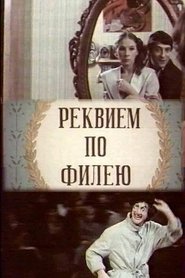 The modest notary at the symphony...
The modest notary at the symphony...Requiem for a Fillet 1985
The modest notary at the symphony orchestra of Gen Munkin did not like his mother-in-law. She was especially repelled by his work. Having identified her son-in-law as a loader in a butcher shop, she did not expect that the first piece of meat taken out by Gena from the store would end up in the circus...
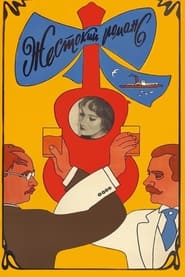 In the town of Bryakhimov noble...
In the town of Bryakhimov noble...A Cruel Romance 1984
In the town of Bryakhimov, noble but poor widow Harita Ignatyevna Ogudalova seeks to arrange marriages for her three daughters. She maintains an “open house”, hoping to attract gentlemen well-off enough to marry a dowry-less girl for love.
 The story follows Maria Konovalova who...
The story follows Maria Konovalova who...Kin 1981
The story follows Maria Konovalova who travels from her rural village to visit her daughter Nina in the city. Maria's arrival exposes the stark contrasts between rural and urban lifestyles and reveals deep-seated family tensions. Interestingly, Родня (Rodnya) in Russian sounds very similar to the word Родина (Rodina), which means "Motherland." The film features three generations of women — Maria, her daughter Nina, and her granddaughter Irina — symbolizing three different Russias: one from the past, one modern, and one representing the future.
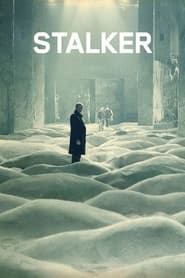 Near a gray and unnamed city...
Near a gray and unnamed city...Stalker 1979
Near a gray and unnamed city is the Zone, a place guarded by barbed wire and soldiers, and where the normal laws of physics are victim to frequent anomalies. A stalker guides two men into the Zone, specifically to an area in which deep-seated desires are granted.
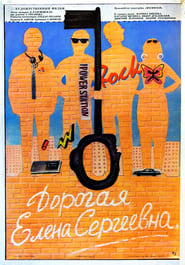 Four school graduates congratulate their teacher...
Four school graduates congratulate their teacher... A painter lives with his wife...
A painter lives with his wife...